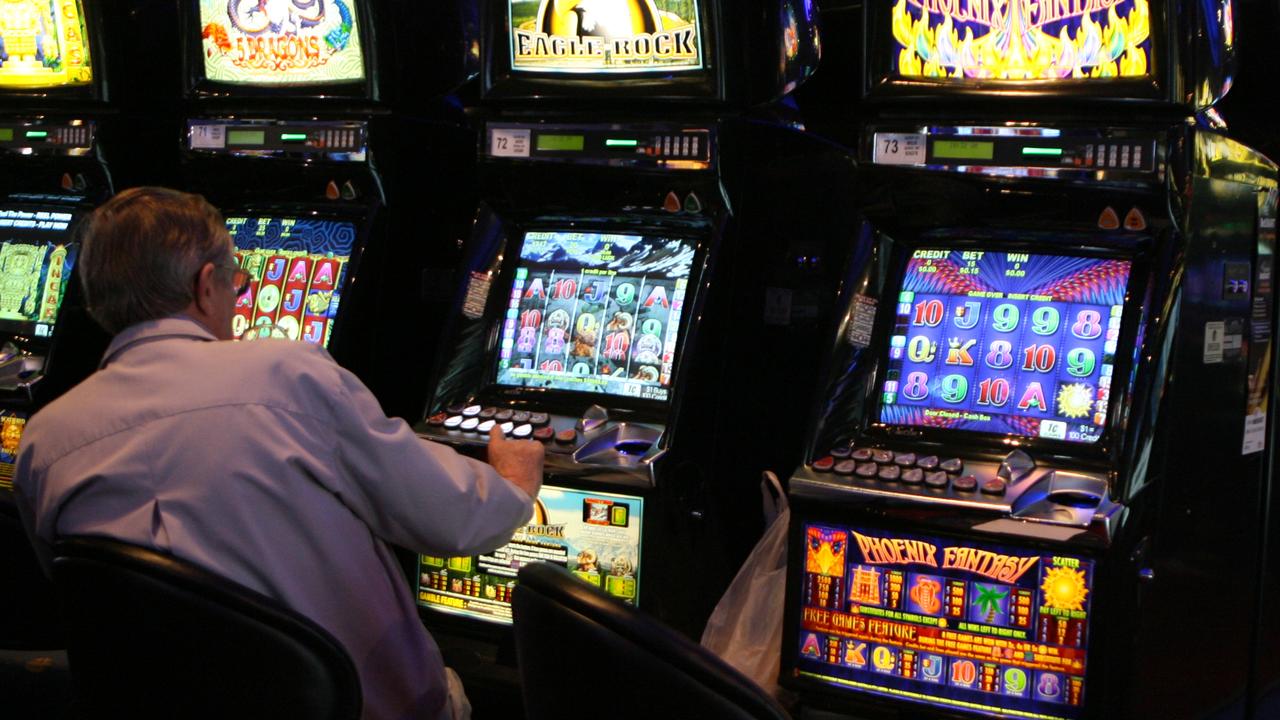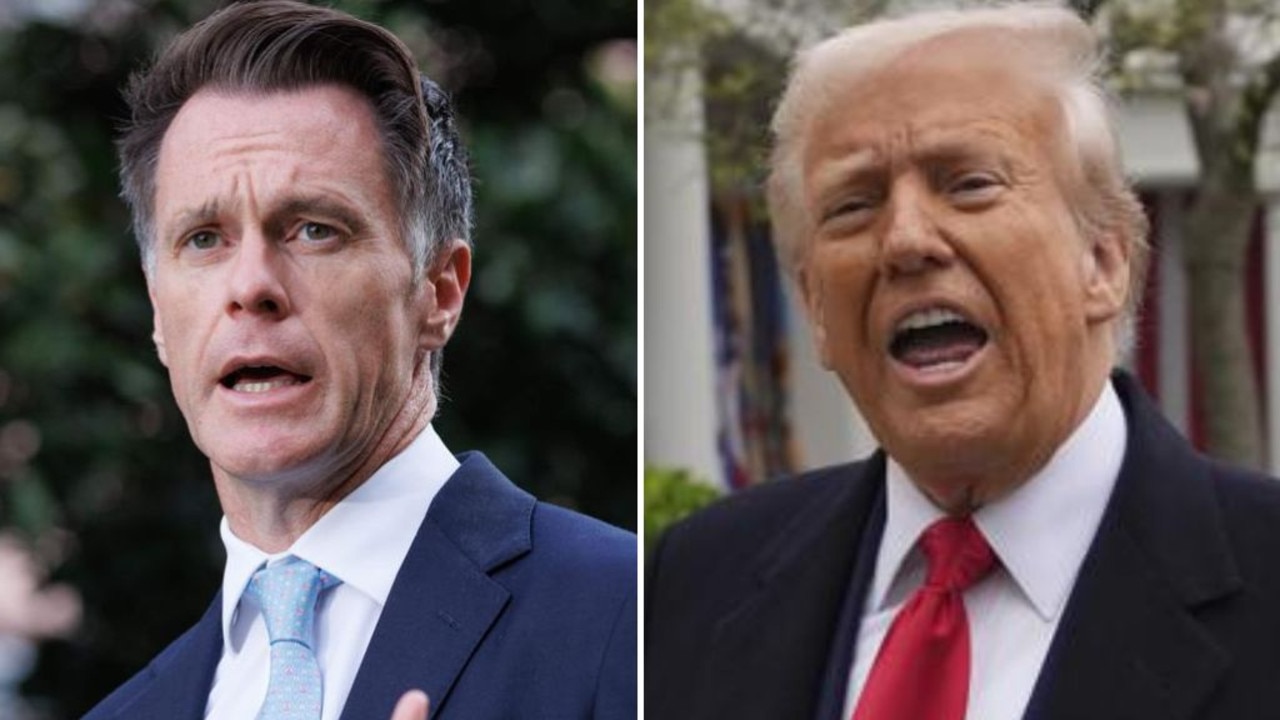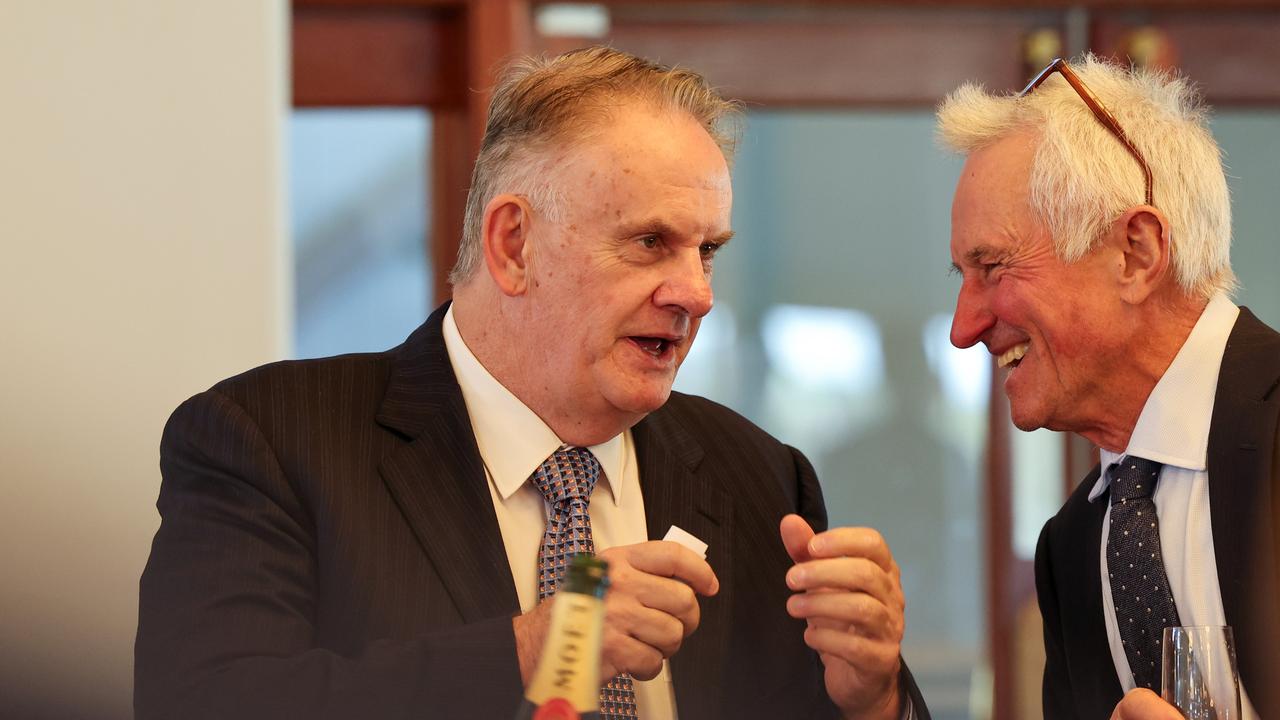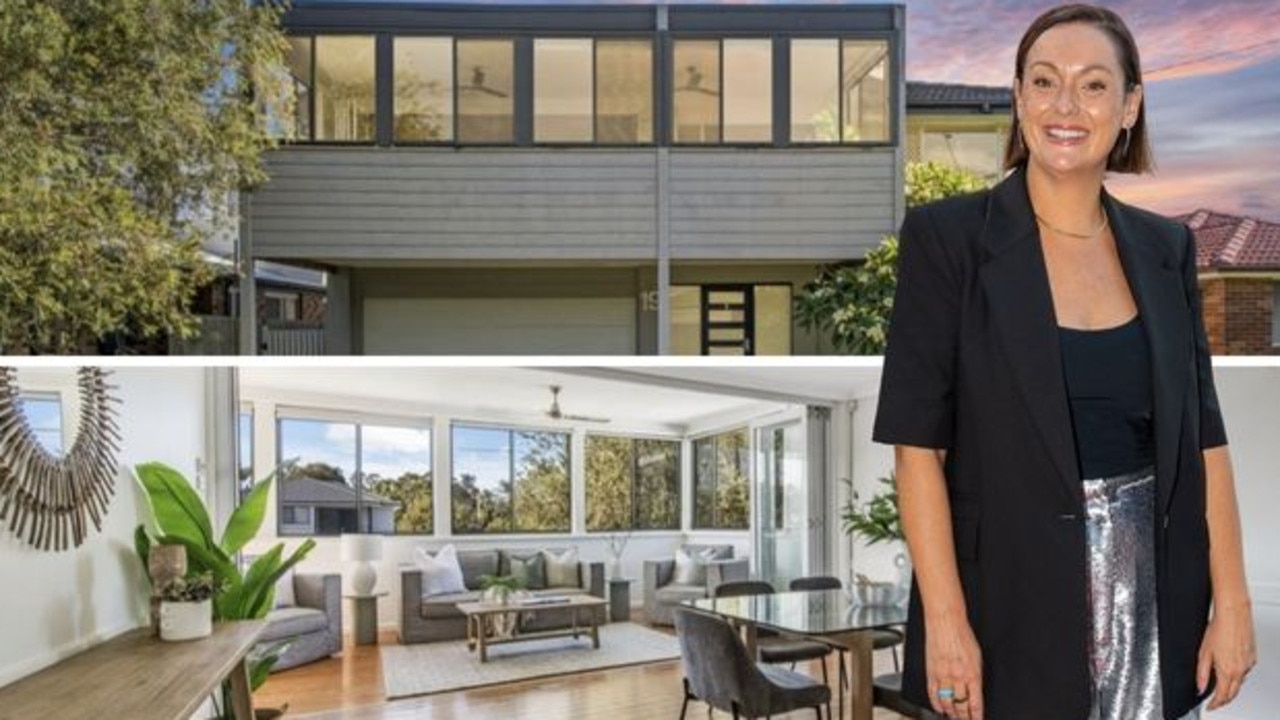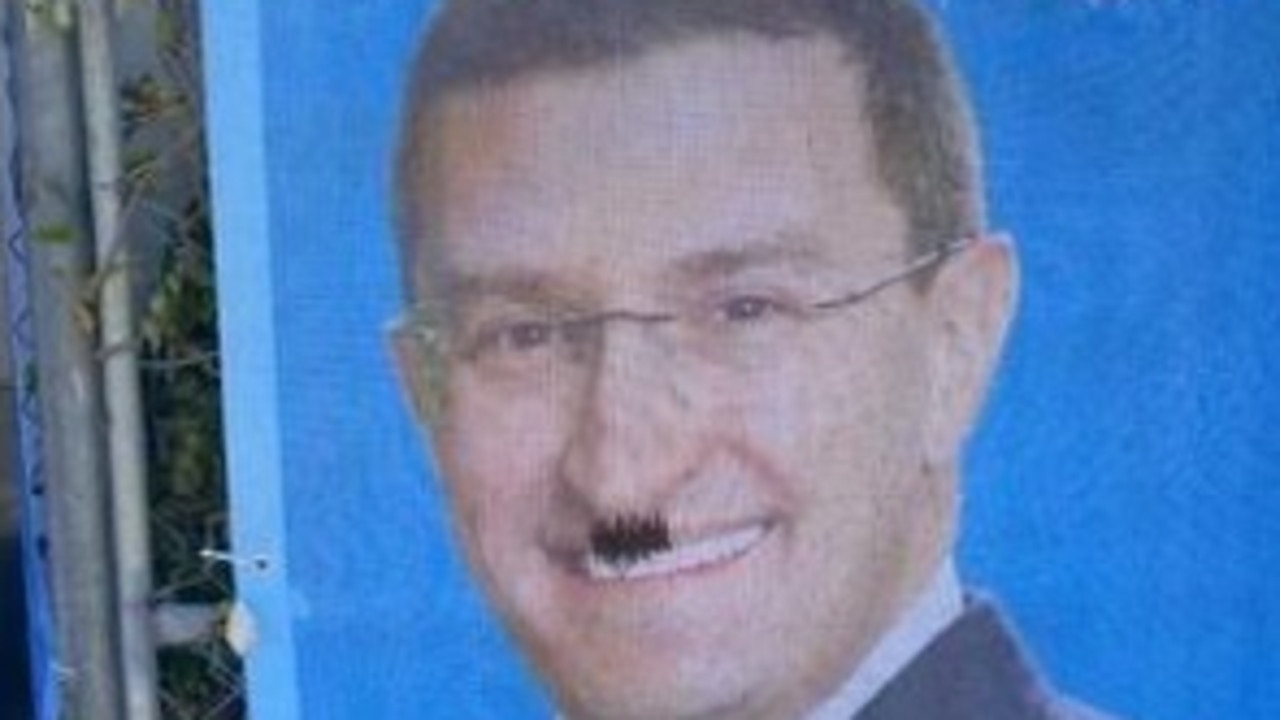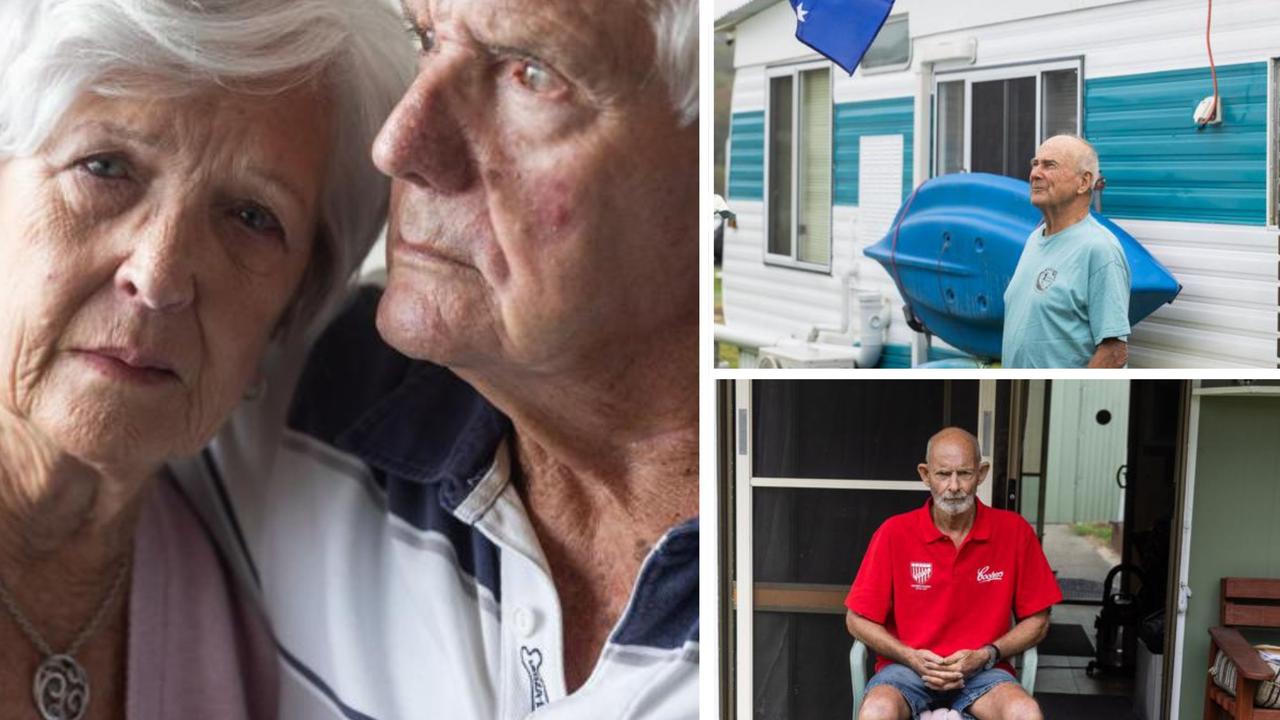Western Sydney businesses that became empires
Some of Australia’s savviest business people planted the roots of their empires in Western Sydney. Here are the companies that experienced skyrocketing success.
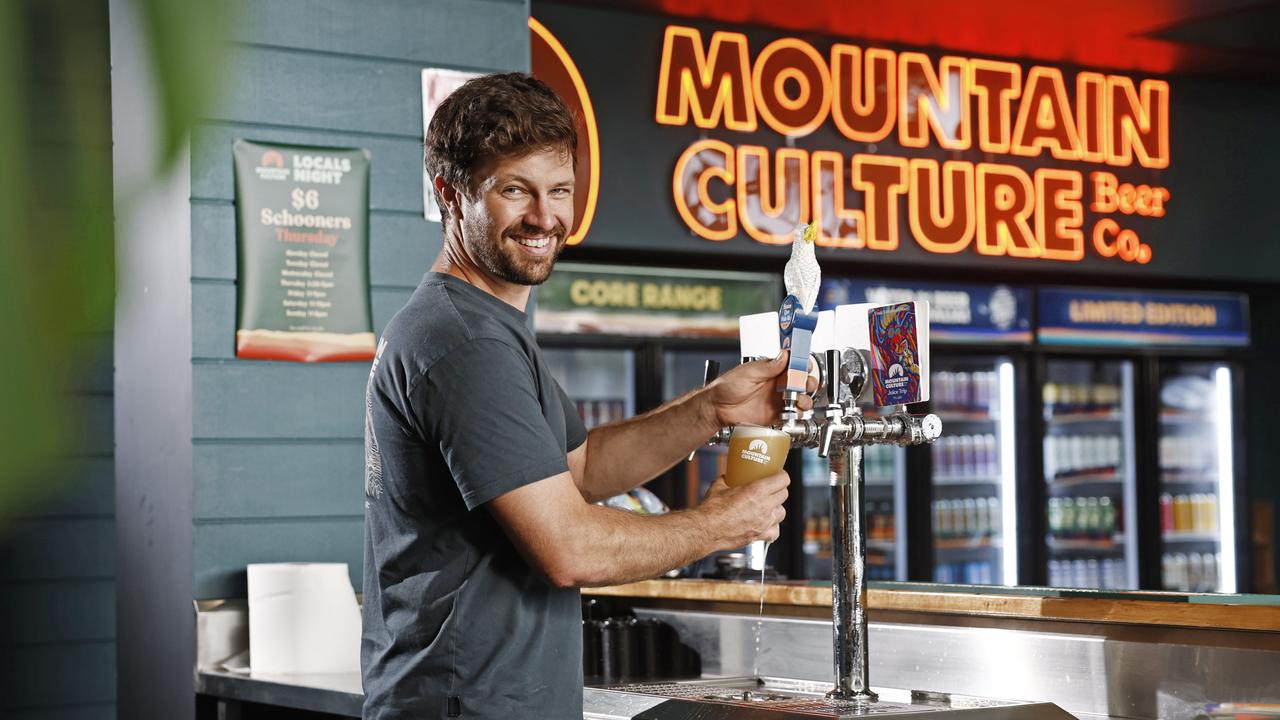
NSW
Don't miss out on the headlines from NSW. Followed categories will be added to My News.
They are the business giants who planted the roots of their empires in Western Sydney. Whether they were immigrants who saw opportunities to thrive in a multicultural heartland, were born and raised in the west or adopted it as a forever home, theirs are stories of turning initiative and instinct into success.
MOUNTAIN CULTURE BREWING
The competitive streak that drove his desire to make a better home brew than a university roommate has carried DJ McCready half way around the world and into craft beer legend.
A native of North Carolina, McCready volunteered at a local brewery to learn the craft in detail and gain an edge over his US college buddy in their head-to-head brewing competition.
McCready was hooked almost immediately and quit university. Within four years he was a head brewer then took on a role in an experimental program with one of America’s biggest beer makers.
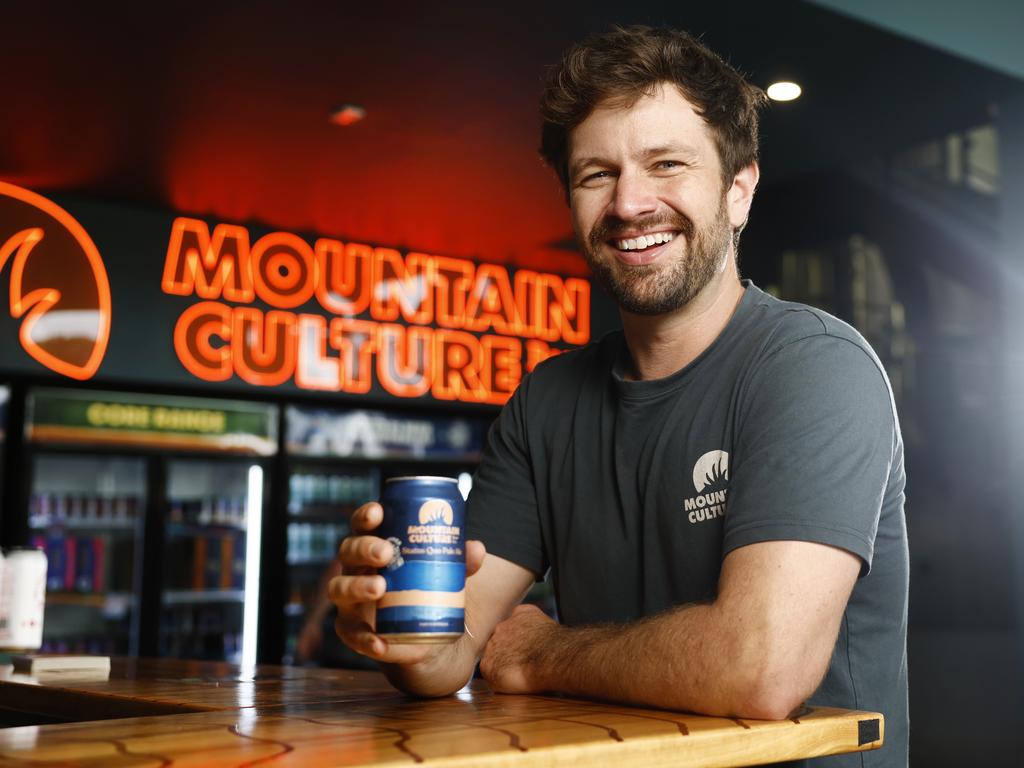
He moved to Australia in 2014, aged 28, and eventually settled in the Blue Mountains with wife Harriet where in 2019 they opened Mountain Culture Beer Co.
For three successive years, his Status Quo Pale Ale has been voted best beer in Australia. His products are stocked nationwide in retail outlets and carried on tap in pubs, bars and restaurants.
It is growth on a rapid scale considering his first canned beer — a last ditch attempt to make ends meet after bushfires and the outbreak of COVID through late 2019 and early 2020 — sold 20 cases the first weekend.
“We didn’t see those events coming, they weren’t in the original business plan,” he told The Daily Telegraph. “We put beer in cans as a back-up. Initially everything was being sold over our own bar in Katoomba to locals and weekend tourists.”
Mountain Culture now shifts the equivalent of 700,000 cases a year, has a 3000sqm factory in Emu Plains, 100 employees, and retains its original Katoomba brewhouse. It is the fourth largest independent brewer in Australia.
“I love it,” he said. “It’s exciting, a very different journey. Brewing beer and the science behind it, manipulating recipes, creating new flavours, it’s so unique.”
XS ESPRESSO
It started off as a single, humble cafe in Wetherill Park just a decade ago. Now the hospitality juggernaut that is XS Espresso has 27 cafes across the city and no sign of slowing down.
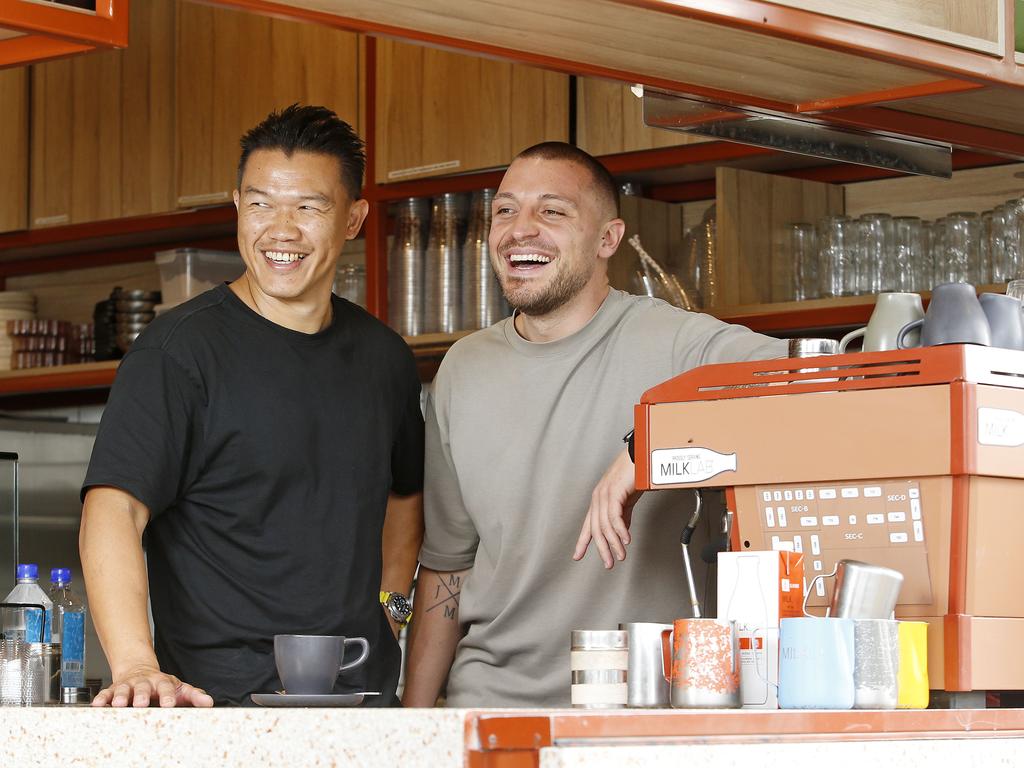
General manager Jason Chow told The Daily Telegraph XS Espresso founder, Roky Gorgees and the team behind the popular Western Sydney restaurant chain, were determined to continue to grow the brand in the city’s west.
“The west is hometown for Roky,” Mr Chow said.
“This is where his family was accepted by the community as hard-working immigrants who had strong family values.
“Growing XS Espresso in the west is his way of saying thank you.”
Mr Chow said the support of Western Sydney customers and staff was what drives the team.
“From our very first store to now, our primary business values have been to offer value for money and be accessible to our customers, especially over the past few years where things have been rather uncertain and tough for many people,” he said.
BING LEE
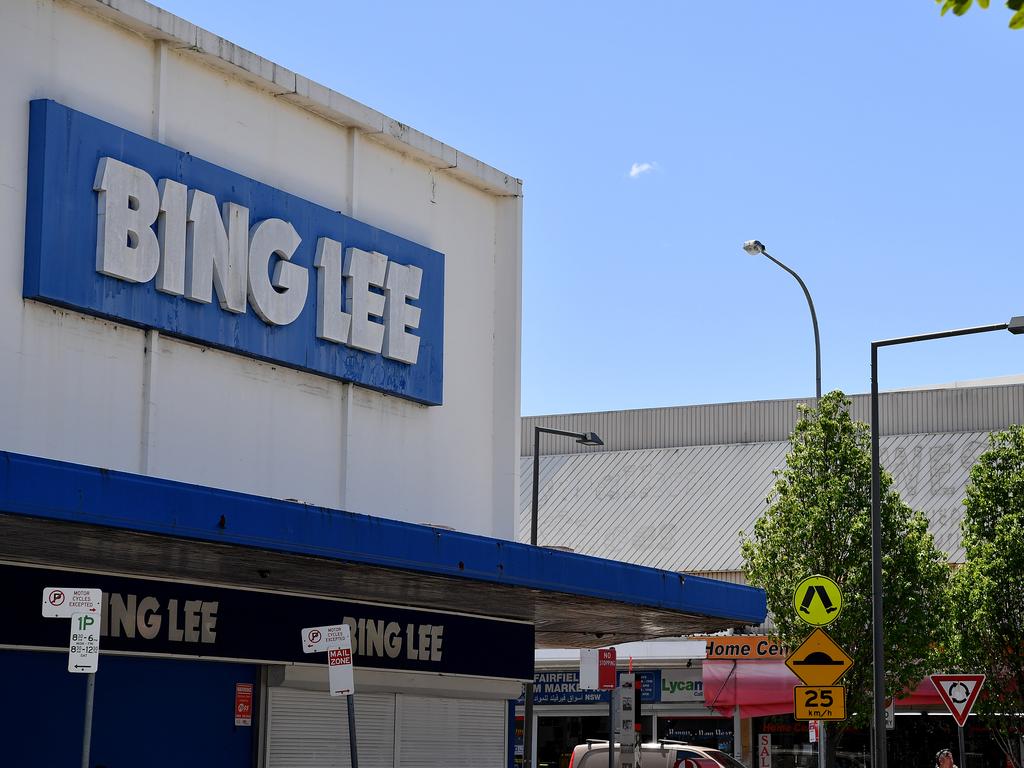
The Bing Lee story is one of longevity across multiple generations, with the initial struggles for its Chinese founder blossoming into a family business — headquartered in Western Sydney — and still booming almost 70 years later.
It was 1939 when Bing Lee, at age 31, arrived in Australia with the idea of working for three years before returning to his homeland and family.
When World War II intervened the conflict upended his plans. A reunion was stalled until 1948 when Bing’s wife, daughter and son Ken, then 17, joined him in Sydney.
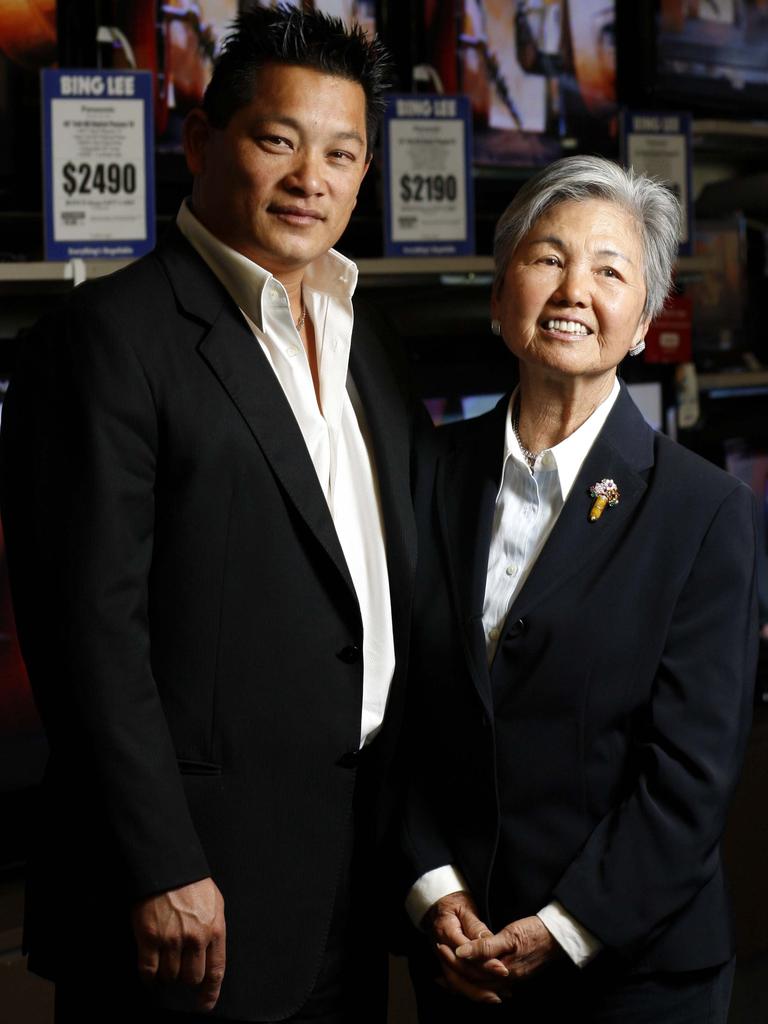
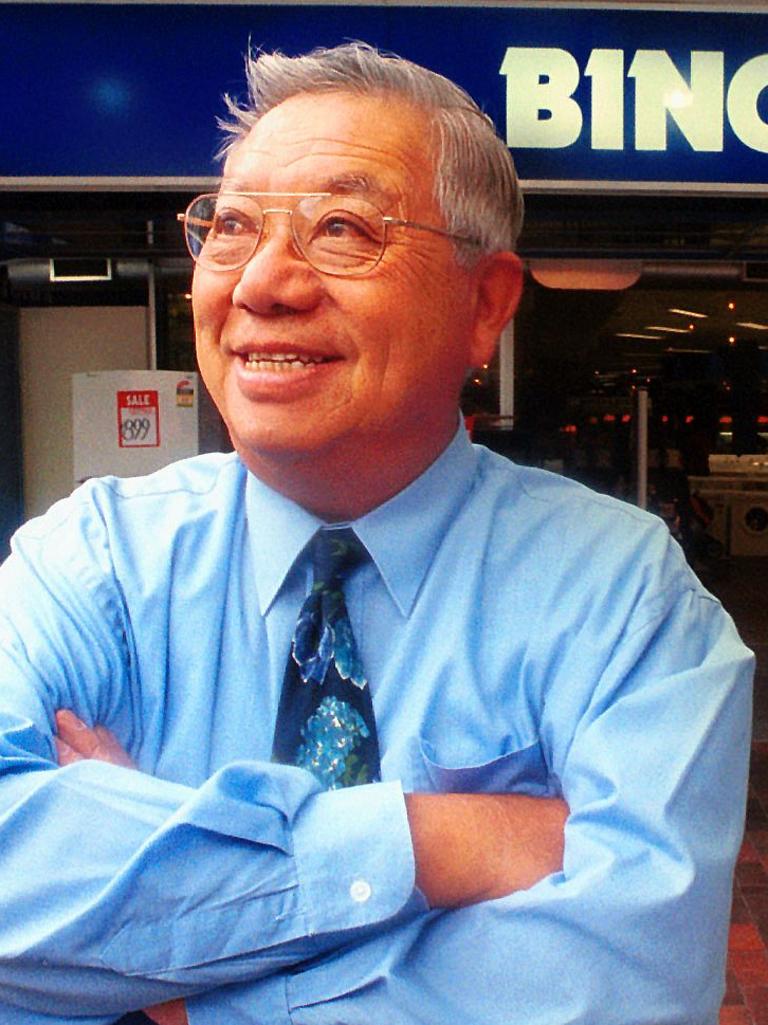
From savings made over a decade, Bing purchased a local fruit shop in the western suburbs. Ken worked in the business alongside his father and in 1957 the Lees moved into electrical goods by opening a repair shop in Fairfield that would later expand into a retail outlet.
The Bing Lee behemoth, now headquartered at Old Guildford, was born.
When the founder died in 1987, Ken took over as Chairman. Married to Yenda, Ken led the company until his death in 2007.
Still privately held, Ken’s wife Yenda owns the business while eldest son Lionel is CEO.
The voice of the “I like Bing Lee” advertisements, the matriarch is a household name and a regular on Australia’s rich lists, worth an estimated $772 million in 2025.
Yenda celebrated her 90th birthday last June, with celebrations including a “ladies get together” at Oatlands Golf Club near Parramatta where 80 members marked the occasion for a long-standing fan of the fairways.
WESTFIELD
The name of the global shopping centre giant was inspired by founder Frank Lowy sowing the seeds of his business empire in humble Western Sydney surroundings.
Three years after heading to Australia in 1951 at age 21, and working as a delivery driver for a smallgoods company, Lowy partnered with Hungarian shop owner John Saunders in a delicatessen at Blacktown.
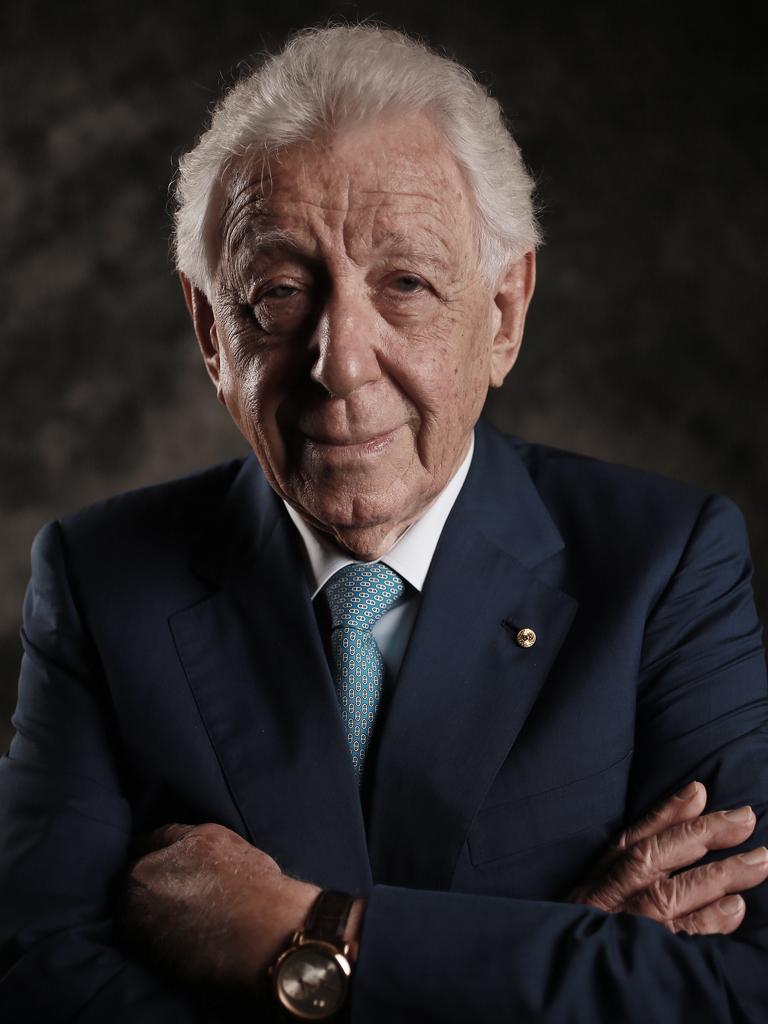

According to a the Lowy biography A Second Life: “While Anglo Australians would buy sixpence worth of devon sausage and a shilling’s worth of ham, the ‘new Australians’ bought salami by the yard”.
A coffee lounge with “real espresso” and chairs on the pavement followed within a year. By 1959 the pair had branched into property development and opened Westfield Place, boasting 12 shops, a small department store and a supermarket.
They settled on the name Westfield because they were doing business in Sydney’s ‘west’ and subdividing farmland ‘fields’ for development.
Westfield was floated on the Sydney stock exchange in 1960 and the company expanded to the US in 1976.
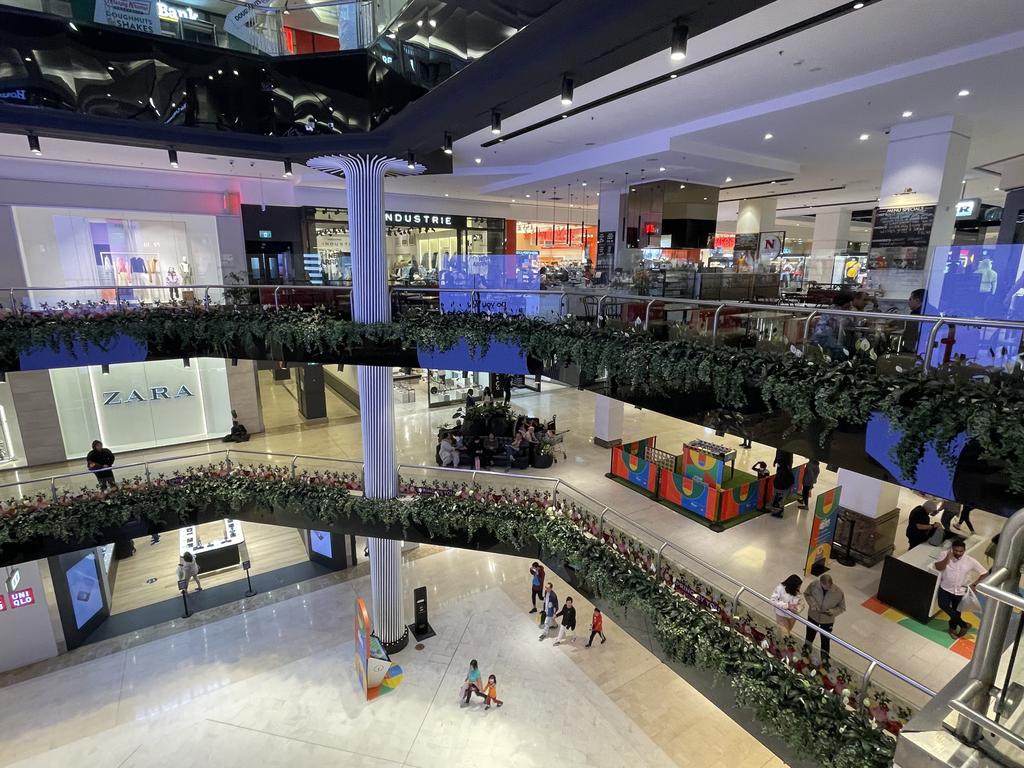
Lowy bought out Saunders in the mid-1980’s and continued to build the business into a corporate superpower including more than 120 shopping centres across the world.
In December 2017, more than 60 years after opening the Blacktown deli, Lowy announced the family was selling the retail juggernaut to French property giant Unibail-Rodamco for $32.7 billion.
At age 80, Frank Lowy was the wealthiest man in Australia with a fortune of more than $5 billion. Earlier this year he was still on rich lists, worth $10.9 billion.
URBAN PROPERTY GROUP
Founded in 1987 as a family-run business, Urban Property Group has a significant project pipeline with 1488 homes under construction and 6000 in planning.
In Edmondson Park, the company is delivering a multi-stage 1500-dwelling precinct, while a Build- to-Rent project in Parramatta will provide 700 homes and a 200-room hotel.
Urban is also involved in one of NSW’s first developments under the State’s Affordable Housing Policy in North Strathfield, set for completion in June.
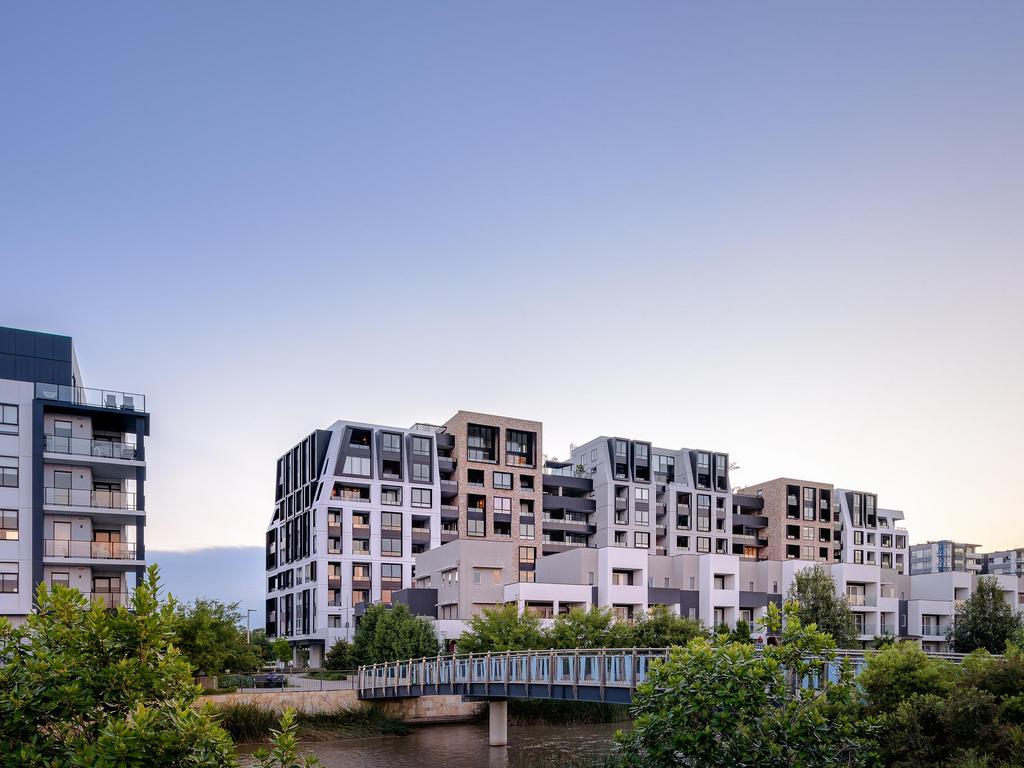
George Elias founded the business and raised his family in Homebush with sons Patrick and Mark joining the company after completing university studies.
Patrick, now 36, took over as CEO in 2016 with Mark installed as COO. The company employs 120 professionals.
“It’s been amazing,” Patrick said. “Dad threw us in at the deep end, having the trust in us take responsibility. But we had years of experience. I started on site as a labourer and foreman.
“It’s nice to think we can now kick the ball further with the legacy dad created.”
While retained as a family business, the brothers have appointed an advisory board, headed by former NSW opposition Leader John Brogden.
“We wanted to create a strong corporate structure,” Patrick Elias said. “And our developments go beyond buildings – they’re about fostering communities where people can thrive.”
This article is part of the Future Western Sydney series, which is proudly supported by Clubs NSW, Powerhouse, Transurban, Walker Corp, Western Sydney International Airport and Western Sydney University
Originally published as Western Sydney businesses that became empires

